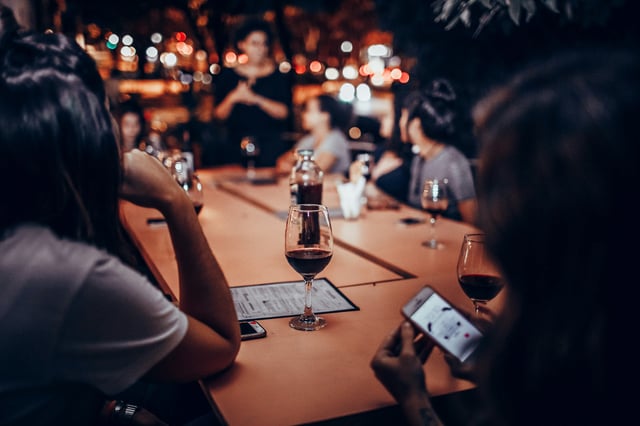Overview
- Six experiments involving almost 1,900 participants, primarily from the U.S., found that individuals believe they should wait for everyone’s food but judge others as free to start eating.
- A preliminary global survey of 625 people across 91 countries showed that 91% regard waiting for all diners to be served as an expected cultural norm.
- Efforts to close the self-other expectation gap by prompting perspective-taking or granting explicit permission to eat had little effect on participants’ judgments.
- Researchers attribute this double standard to a psychological blind spot that makes us acutely aware of our own discomfort but underestimates the intensity of others’ feelings.
- The study suggests that restaurants and dinner hosts can minimize social awkwardness by ensuring all guests receive their meals at the same time.

